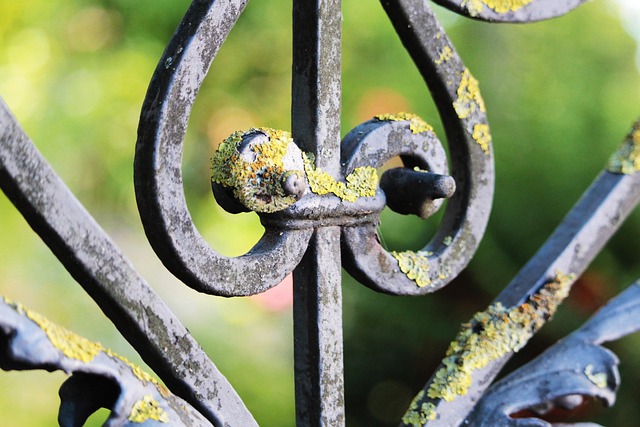In New Bedford, MA, ensuring your new fence is protected by a robust warranty or guarantee is essential for homeowners. This comprehensive guide navigates the intricacies of fence warranties, equipping you with knowledge to make informed decisions. We’ll explore what standard guarantees cover and what potential exclusions exist. By understanding these nuances, you can select the best fence warranty tailored to your needs, providing peace of mind and long-term protection for your investment.
- Understanding Fence Warranty Coverage in New Bedford
- What Does a Standard Guarantee Entail?
- Common Exclusions and Limitations
- How to Choose the Best Fence Warranty for Your Home
Understanding Fence Warranty Coverage in New Bedford
When it comes to fence installations or repairs in New Bedford, understanding the warranty coverage is essential for homeowners. A fence warranty provides assurance that your investment in a new or repaired fence is protected against defects or issues that may arise over time. It offers peace of mind, knowing that any problems with your fence will be addressed without incurring unexpected costs.
In New Bedford, as in many places, fence warranties typically cover materials and labor for a specified period. This coverage can vary between manufacturers and contractors, so it’s crucial to read the terms carefully. Common inclusions often involve protection against rot, rust, and damage caused by adverse weather conditions. Some warranties may also extend to issues like poor installation or craftsmanship.
What Does a Standard Guarantee Entail?
When it comes to fence installation or repair, a standard guarantee is a crucial document that outlines the responsibilities and protections offered by the contractor. This warranty typically covers defects in materials and workmanship for a specified period, usually ranging from 1-3 years. During this time, if any issues arise due to faulty installation, poor quality materials, or normal wear and tear, the contractor is obligated to fix or replace the affected parts without additional cost to the homeowner.
The guarantee should clearly state what is covered and what is excluded. Common inclusions may include rot or decay in wooden fences, rust in metal fences, and issues with proper alignment or stability. Exclusions might involve damage caused by extreme weather events, poor initial soil preparation, or modifications made by the homeowner after installation. Understanding these terms is essential for homeowners to know their rights and what to expect from their fence warranty.
Common Exclusions and Limitations
When it comes to fence warranties and guarantees in New Bedford, MA, understanding common exclusions and limitations is essential. While many companies offer comprehensive coverage, there are often specific areas that are not included in the warranty. These may include damages caused by natural disasters like storms or heavy snowfall, which can lead to fence instability or collapse. Additionally, any modifications made to the fence after installation, lack of proper maintenance, or issues arising from ground conditions are typically excluded.
Another limitation to keep in mind is that warranties usually do not cover labor costs for repairs. The guarantee primarily focuses on replacing or fixing defects in the materials used. It’s crucial to read the fine print carefully and understand what is covered and what isn’t, ensuring you have a clear understanding of your responsibilities and the company’s obligations under the warranty.
How to Choose the Best Fence Warranty for Your Home
When selecting a fence warranty, it’s crucial to consider your specific needs and the type of fence installed. Start by evaluating the quality and material of your new fence. Different materials, such as wood, vinyl, or metal, come with varying warranty periods and coverages. Researching the manufacturer’s reputation and the local market for similar products can offer insights into expected durability and long-term performance.
Next, understand the scope of coverage offered by different warranties. Look for guarantees that not only cover defects in materials but also issues arising from installation errors or damage due to specific events like storms or vandalism. Compare the terms, conditions, and exclusions of various options to ensure you’re protected against potential risks. Additionally, consider the reputation of the warranty provider and their track record in honoring claims.
